
7 Foods You Should Never Reheat or Store Overnight: Dangerous to Your Health
In today’s fast-paced world, storing leftovers in the refrigerator has become a common habit. However, not all foods are safe to keep overnight or reheat the next day. Some dishes, when cooked and then stored or reheated improperly, can develop harmful toxins or undergo chemical changes that pose serious health risks. Here are 7 foods you should never reheat or store overnight, no matter how tempting it may be to save them for later.
1. Leafy Greens (Spinach, Celery, Lettuce)
Leafy greens are rich in nitrates, which are beneficial in their natural form. However, when reheated, these nitrates can turn into nitrites—a compound linked to increased cancer risk. Additionally, if stored too long, these greens can become breeding grounds for harmful bacteria. It’s best to cook just enough and eat them fresh.
2. Eggs
Eggs are a great source of protein, but once they’re cooked, reheating them can alter their protein structure and make them hard to digest. More importantly, if left at room temperature for too long or stored overnight, they can become a source of salmonella and food poisoning.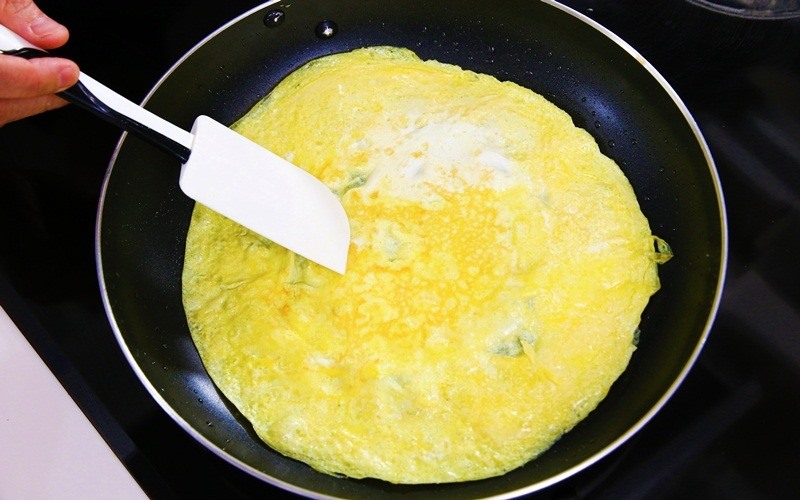
3. Mushrooms
Mushrooms are highly perishable and sensitive to temperature changes. Reheating cooked mushrooms can cause their proteins to deteriorate, leading to digestive issues. If you don’t finish them in one meal, it’s safest to discard any leftovers rather than storing them.
4. Chicken
Reheating chicken is a common practice, but it’s not always safe. The protein structure in chicken changes when reheated, especially in a microwave, making it harder for the body to digest. Worse, improper storage or reheating can lead to bacterial contamination, such as salmonella.
5. Potatoes
While potatoes may seem harmless, if they’re left at room temperature or stored in the fridge for too long, they can develop Clostridium botulinum—a bacteria that causes botulism, a rare but serious illness. Never reheat leftover potatoes that have been improperly stored.
6. Rice
Rice is a staple food in many households, but it’s also one of the most dangerous if stored or reheated incorrectly. Cooked rice can harbor spores of Bacillus cereus, a bacteria that survives even after cooking. Leaving rice at room temperature encourages bacterial growth, which may lead to food poisoning.
7. Seafood
Fish and shellfish spoil quickly and should never be reheated once cooked. Reheating can destroy their delicate proteins and lead to digestive discomfort or even food poisoning if bacteria have developed. It’s safer to consume seafood immediately after cooking.
Conclusion
While it may seem wasteful to throw away leftovers, protecting your health should always come first. Certain foods are simply not meant to be stored or reheated, as they can become toxic or carry harmful bacteria. To avoid unnecessary health risks, it’s important to cook appropriate portions, store food properly, and know when to let go of leftovers. After all, good health is more valuable than a saved meal.
News in the same category


Bitter Mouth Upon Waking: What Does It Warn About? When Should You See a Doctor?

A Doctor On TikTok Explains The Risks Of Kissing Dying People

Why Are My Veins Suddenly Bulging and Visible?

Liver Damage: 12 Warning Signs & How to Naturally Boost Liver Health

High Blood Sugar: 13 Early Warning Signs & 9 Strategies to Regain Control

Tonsil Stones: Natural Ways to Remove and Prevent Them

Soothe Ear Infections Naturally: Top Home Remedies for Relief
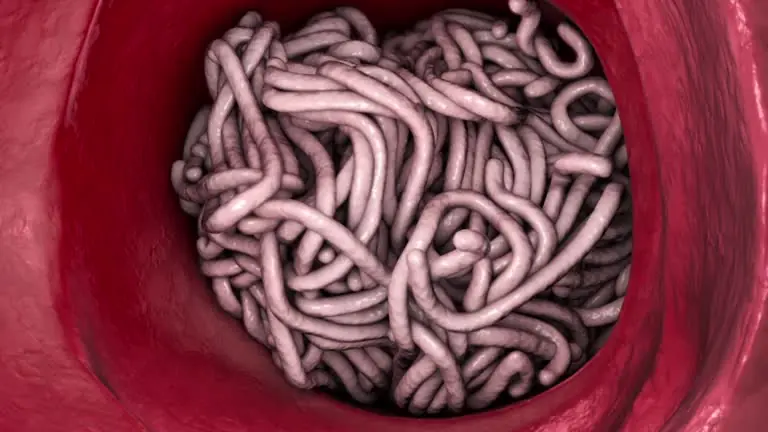
Natural Solutions for Intestinal Worms: Diet, Supplements & Home Remedies

What Your Tongue Can Tell You: 8 Health Clues Written on Your Tongue

4 Warning Signs Your Liver Is in Trouble: Even Just One Means You Should See a Doctor ASAP
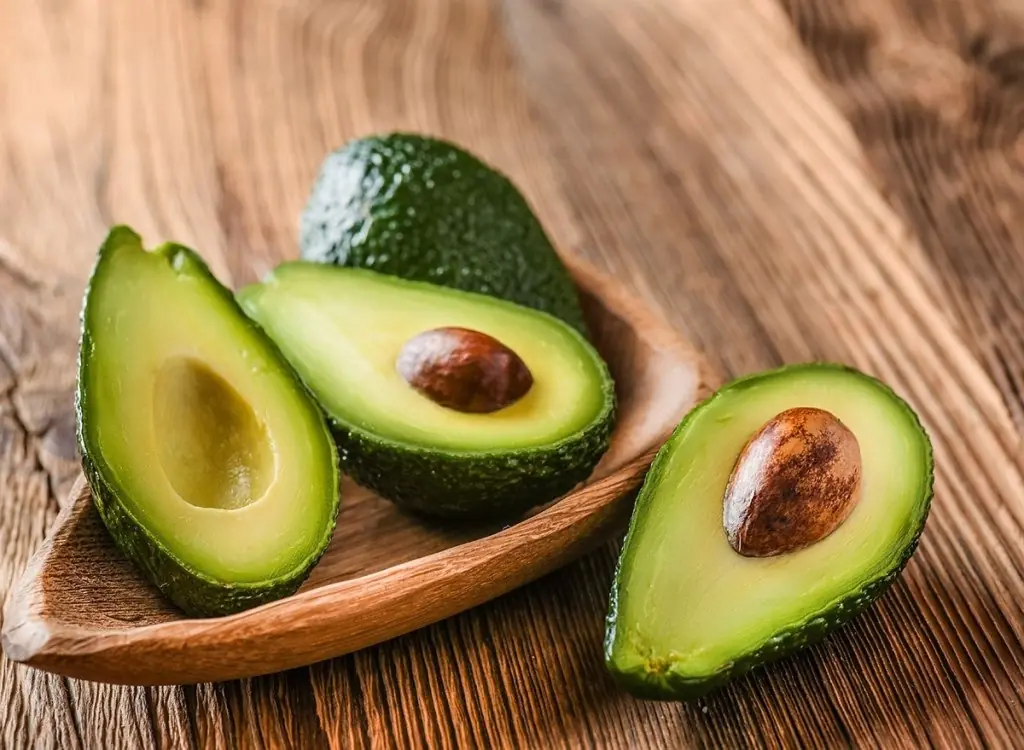
5 Groups of People Who Should Never Eat Avocados – No Matter How Much They Crave Them

Diagnosed with Cancer at 40, Soong Mei-ling Lived to 106: Her Secret Was in One Anti-Cancer Vegetable and Three Cheap Drinks from the Market
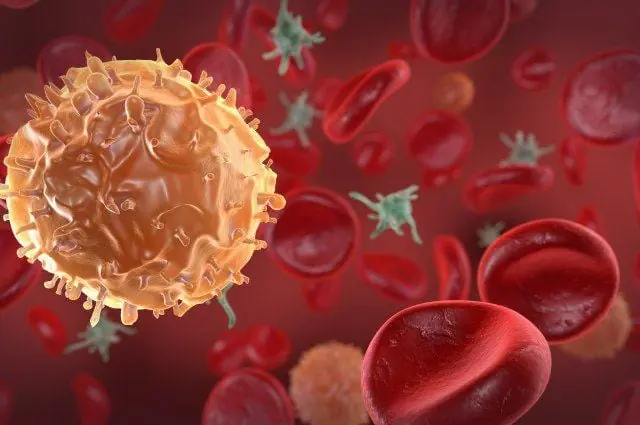
People with Cancer Often Share 3 Common Morning Signs, Especially After Age 40
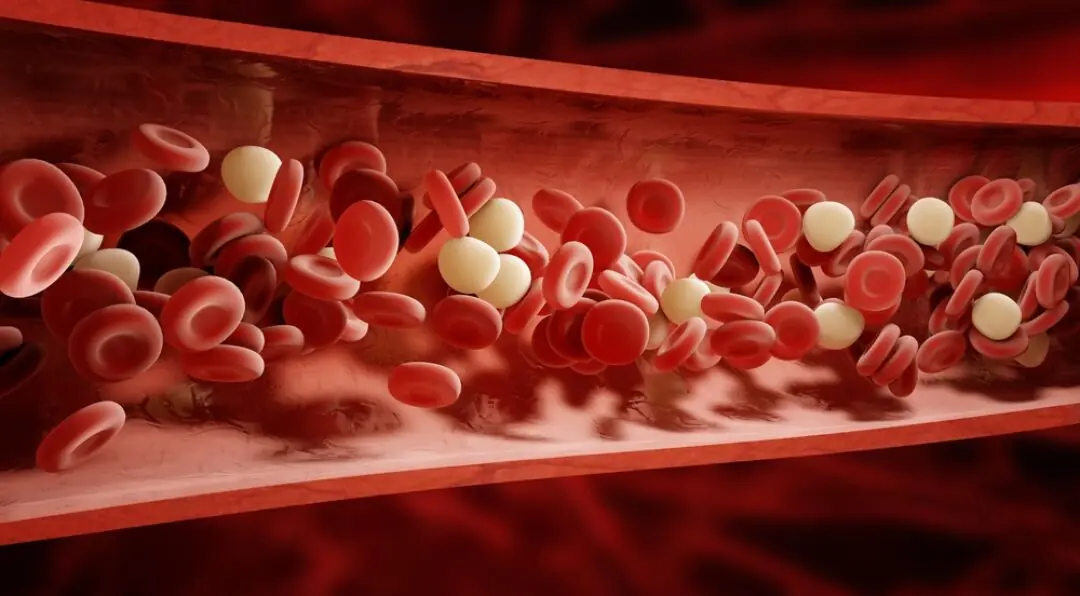
Nature's Anticoagulants: Exploring Foods, Supplements, and Vitamins for Healthier Blood
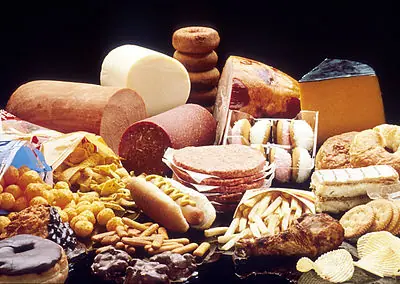
6 Foods That May Fuel Cancer Growth: What You Need to Know
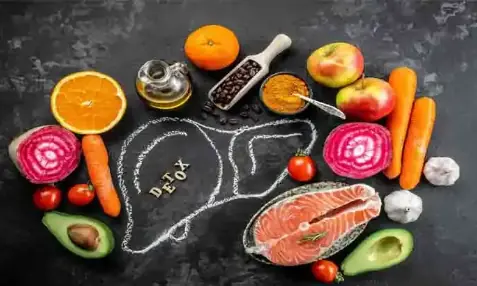
The Best Scientifically Proven Foods to Cleanse Your Liver

20 subtle cancer symptoms commonly missed

Increased Screen Exposure In Kids Linked to Anxiety, Aggression, and Self-Esteem Issues, Study Says
News Post

USA: Successful Trial of 'Miracle Drug' That Destroys 60 Types of Cancer

Bitter Mouth Upon Waking: What Does It Warn About? When Should You See a Doctor?

Circus lion was locked up for 20 long years, now watch his reaction when he’s released

The detailed escape story of the Air India crash survivor met with skepticism

For the Cost of an Iphone He made a House of only 89 Squares, but Wait Until you See Inside

A Doctor On TikTok Explains The Risks Of Kissing Dying People

Unleash the Hidden Power of Papaya Seeds: A Tiny Superfood for Big Health Gains

Why Are My Veins Suddenly Bulging and Visible?

Unlock Radiant Skin Naturally: The Powerful Duo of Vaseline and Tomato for Beauty

Liver Damage: 12 Warning Signs & How to Naturally Boost Liver Health

Frozen for 34 Million Years: Lost World Found Beneath Antarctica’s Ice

High Blood Sugar: 13 Early Warning Signs & 9 Strategies to Regain Control

If You're Experiencing PAIN And NUMBNESS In Your Legs, STOP EATING These Foods | Vitality Solutions

The Safest Countries To Be In If World War 3 Begins

Coleus Amboinicus: The Forgotten Herb Every Home Should Know About

Tonsil Stones: Natural Ways to Remove and Prevent Them
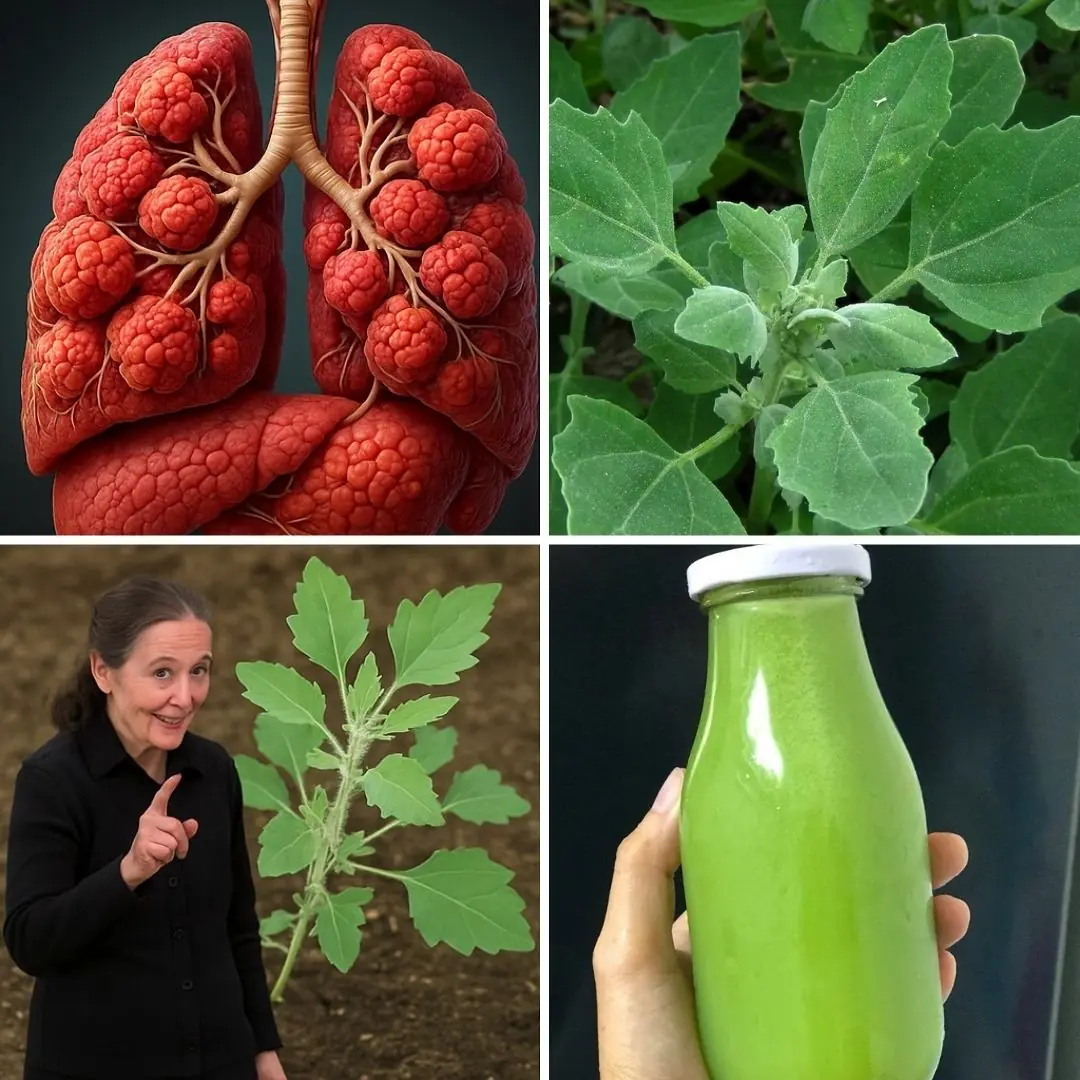
The Hidden Power of Lamb’s Quarters: Nature’s Humble Wonder

Soothe Ear Infections Naturally: Top Home Remedies for Relief
